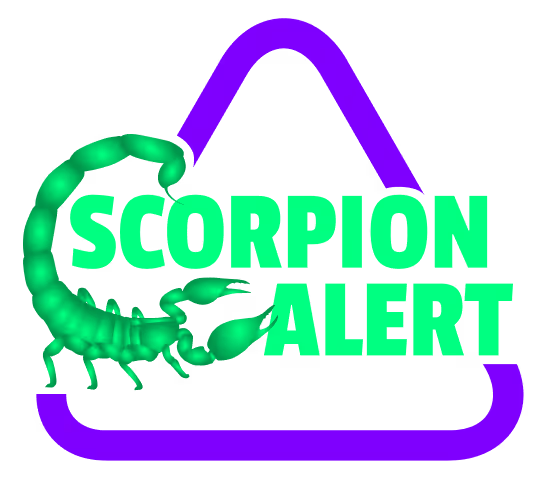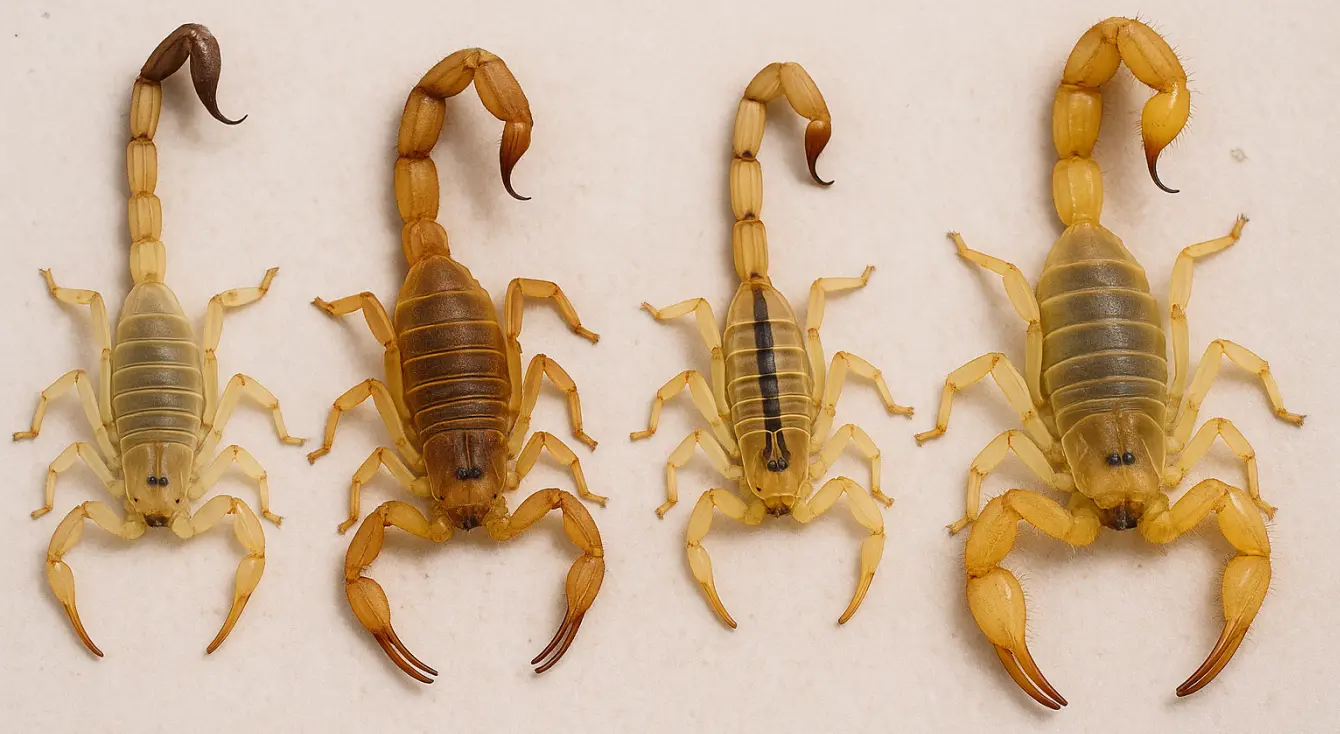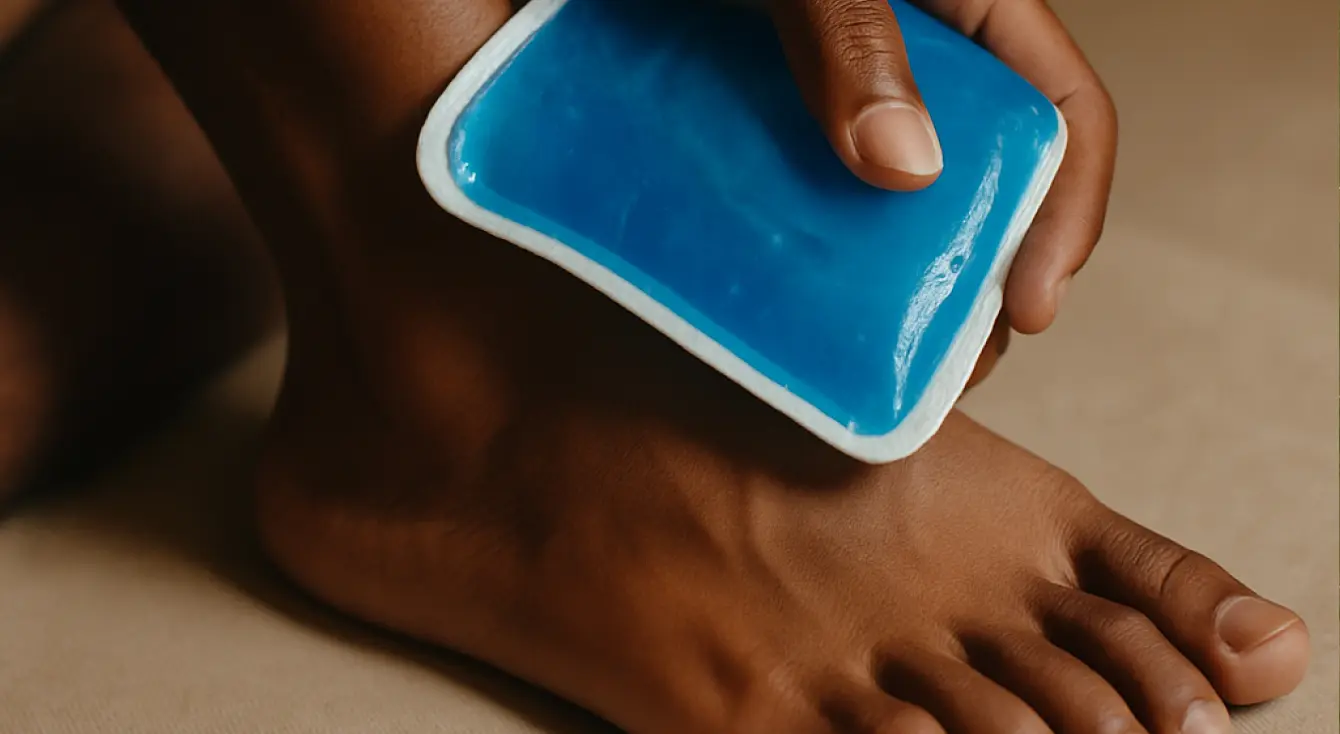A scorpion sting is always serious—but when it happens to a baby, it’s an emergency. Infants are far more vulnerable to the effects of venom, and even a mild sting can quickly become dangerous.
Here’s what you need to do immediately if your infant is stung by a scorpion:
1. Call 911 or Go to the Emergency Room Immediately
Don’t wait. In infants, venom spreads faster and causes more severe reactions. Call 911 or head straight to the nearest ER, especially if you live in Arizona, Nevada, New Mexico, Texas, or California where the Arizona bark scorpion may be present.
2. Keep Your Baby Calm and Still
Crying and flailing can speed up circulation and help venom spread faster. Gently hold and comfort your baby while waiting for help or traveling to the hospital.
3. Wash the Sting Site
If you can, gently wash the area with soap and water. This helps prevent infection but should never delay emergency care.
4. Don’t Give Any Medications
Do not attempt to treat pain or swelling with home remedies or over-the-counter medications unless instructed by a doctor. Infants can react very differently to medications than adults or older children.
5. If Safe, Take a Picture of the Scorpion
If you saw the scorpion, try to take a photo for identification—but only if it’s safe to do so. Knowing the species can help doctors determine whether antivenom is needed.
Signs of a Severe Reaction in Infants
Scorpion stings in infants can escalate quickly. Look for:
- Excessive drooling or foaming at the mouth
- Uncontrollable crying
- Muscle twitching or jerking movements
- Trouble breathing
- Vomiting
- Rapid eye movements or restlessness
- Pale or bluish skin
If any of these symptoms appear, it confirms the need for emergency care.
Scorpion stings in infants are medical emergencies. Prompt action and professional treatment can prevent serious complications—and potentially save your child’s life. After the crisis, take steps to scorpion-proof your home with sealing, UV scanning, and smart detection tools like Scorpion Detectors.






